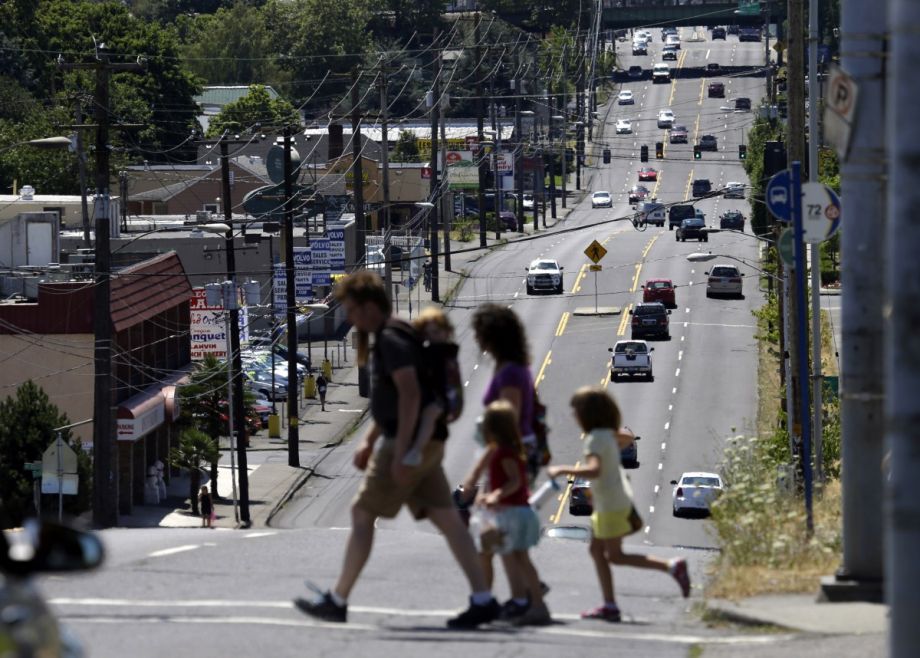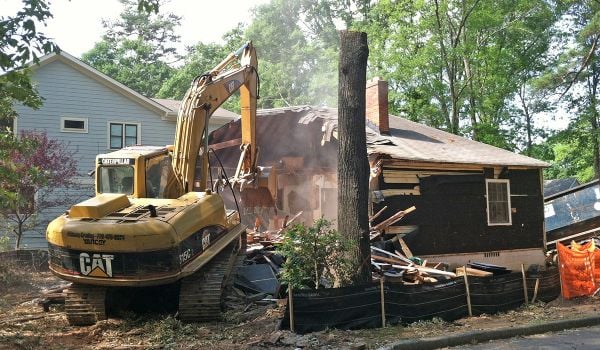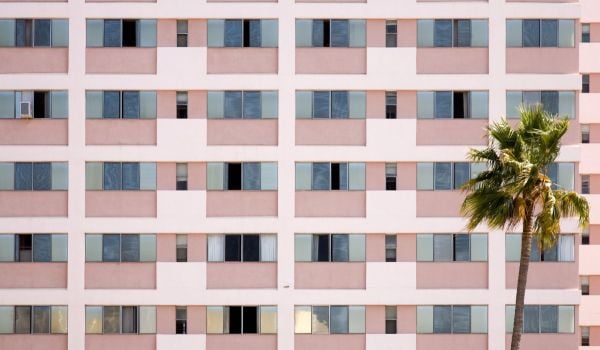Residents of East Portland are facing a familiar story. Historically, their part of town has been a neglected, poor, working-class area. It’s far from the city core, but makes up 20 percent of the city’s land area and is home to a quarter of Portland residents, including many of the city’s children and immigrants. Until recent years, the area has escaped both attention and gentrification.
But as Portland experiences ballooning rents and one of the lowest vacancy rates in the nation, middle-class residents are moving east. They are drawn by lower-priced housing, as well as new parks and other amenities generated by new investments in the area. As these arrivals push up housing prices across the area, poorer residents in shabby housing complexes are being evicted so owners can renovate for the renters-come-lately.
East Portland residents, however, are pushing back against displacement.
A group called East Portland Action Plan (EPAP) presented a list of “displacement prevention tools” at a public event Monday, according to The Oregonian.
Over the last year, EPAP held hearings and workshops with more than 200 community members. EPAP says its policy recommendations will help the residents, many of whom are Somali, Russian, Vietnamese and Burmese immigrants, stay put.
The culmination of their yearlong effort includes the following recommendations:
- Lift Oregon’s ban on inclusionary zoning, and require developers to include affordable units.
- Help keep families in their homes if they own them, and expand homeownership opportunities and chances for “cooperative ownership” of apartment buildings.
- Increase renter protections by strengthening laws protecting renters from no-cause evictions, enforcing the city’s codes — and imposing penalties on landlords who violate them — along with rehabbing dilapidated family homes for use as affordable housing.
- Keep investing in local businesses, stabilizing their rents through economic development projects and targeted business assistance.
- Provide living wage provisions for East Portland’s working poor, and require developers and contractors to prioritize hiring locally, as well as hiring women and minorities.
- Increase local access to public transit, encouraging transit ridership and limiting single-vehicle usage and dependency.
- Continue the conversation and collaboration between residents and municipal governments.
Read the full list of recommendations here.
Some items on the list would require state action, including restoring inclusionary zoning and raising the minimum wage. In the past, city officials have said they are aware of the gentrification problem in East Portland and are trying to help. Portland City Council recently approved rules that require landlords to give 90 days of notice to tenants when evicting them without cause or raising rent by more than 5 percent. The previous requirement was 30 days in most cases.
More development is coming soon to East Portland, including additional new parks and some $70 million in transportation fixes, according to Lore Wintergreen, an advocate for EPAP. Wintergreen said at the press conference Monday that they have the opportunity to prevent significant displacement in the face of the new developments.
“We think that the people currently living here deserve to be able to stay and benefit from these improvements,” she said. “East Portland is too big to fail.”
Kelsey E. Thomas is a writer and editor based in the most upper-left corner of the country. She writes about urban policy, equitable development and the outdoors (but also about nearly everything else) with a focus on solutions-oriented journalism. She is a former associate editor and current contributing editor at Next City.
















